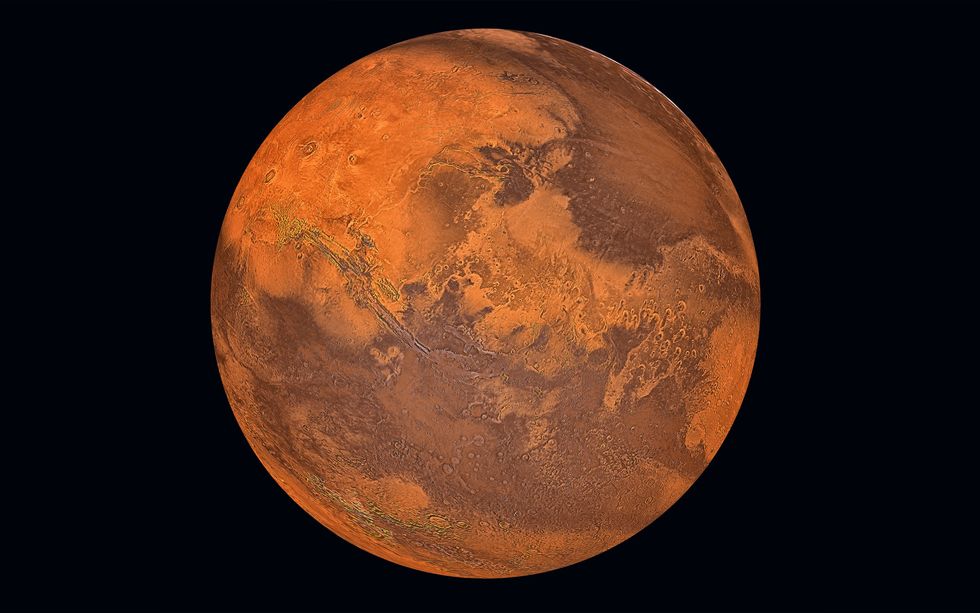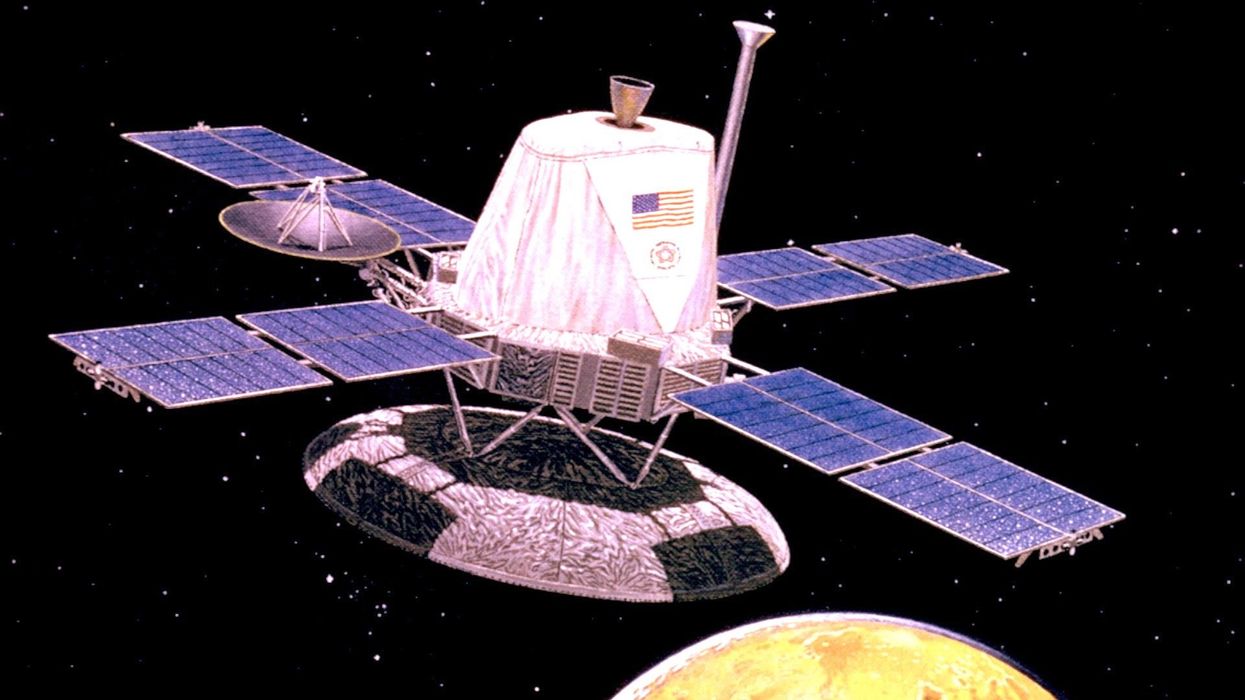Jake Brigstock
Nov 18, 2024
Did NASA Accidentally ‘Snuff Out’ Life on Mars in the 70’s?
ZMG - Amaze Lab / VideoElephant
A scientist has said NASA may have accidentally killed life on Mars during a research mission to find it.
For decades, scientists have been trying to find any signs of life on the Red Planet with no conclusive evidence as of yet.
Astrobiologist Dirk Schulze-Makuch, of the Technical University Berlin in Germany, said when the Viking landers became the first US mission to land safely on and explore Mars in 1976, that may be the closest we've ever come to finding it, reports Science Alert.
He speculates the methods of finding life may have been destructive in itself, according to a column posted in Big Think and in commentary published in Nature Astronomy.
"The Viking landers identified small amounts of chlorinated organics, initially believed to be contamination from Earth," Schulze-Makuch said.
"However, subsequent missions have verified the presence of native organic compounds on Mars, although in a chlorinated form.
"Life on Mars could have adapted to the arid environment by existing within salt rocks and absorbing water directly from the atmosphere.
"The Viking experiments, which involved adding water to soil samples, might have overwhelmed these potential microbes, leading to their demise."

Schulze-Makuch went on to explain how the potential microbes might have been "overwhelmed".
"Microbes living inside salt rocks in the Atacama do not need any rain at all - just a certain amount of moisture in the atmosphere," he said.
"Now let's ask what would happen if you poured water over these dry-adapted microbes. Might that overwhelm them?
"In technical terms, we would say that we were hyperhydrating them, but in simple terms, it would be more like drowning them.
"Many of the Viking experiments involved applying water to the soil samples, which may explain the puzzling results."
These have been the only biological experiments performed on Mars.
Schulze-Makuch advises another mission should be sent to the Red Planet, dedicated just to searching for life, with these considerations in mind.
How to join the indy100's free WhatsApp channel
Sign up to our free indy100 weekly newsletter
Have your say in our news democracy. Click the upvote icon at the top of the page to help raise this article through the indy100 rankings.
Top 100
The Conversation (0)














